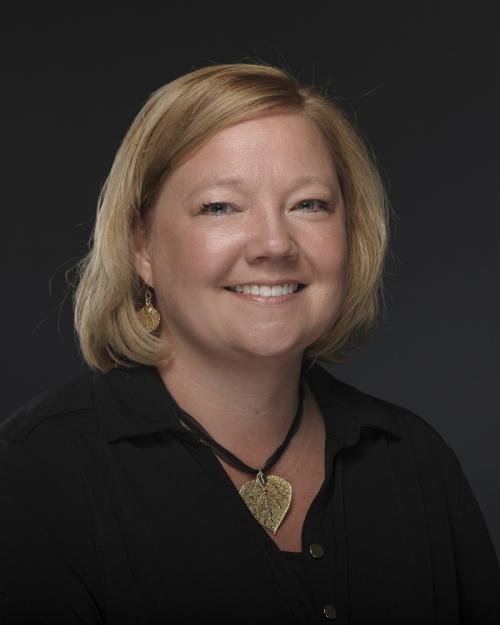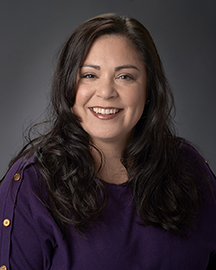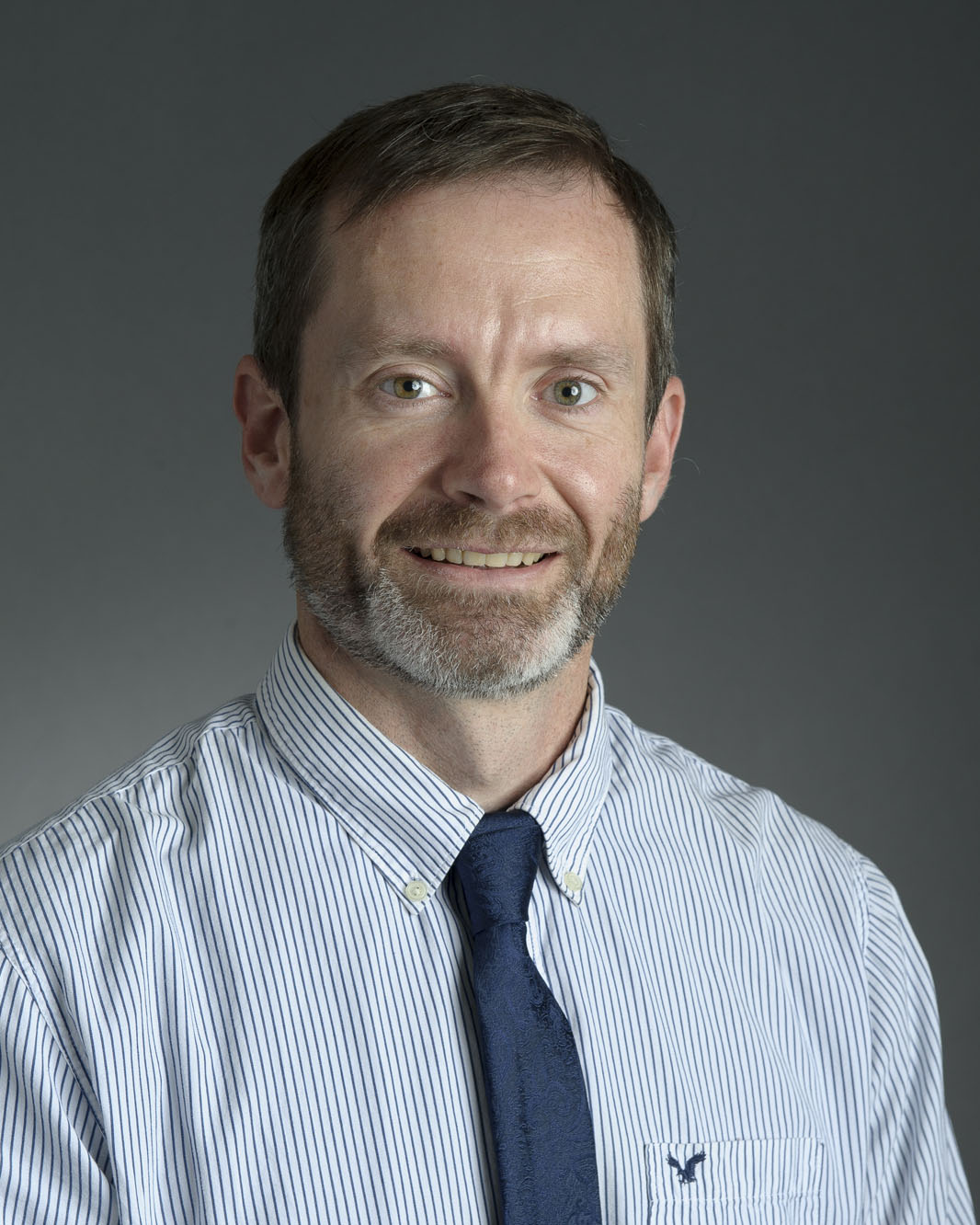Marriage, Couples, and Family Counseling
Benefits of the Program
This program option is designed to prepare counselors to address a variety of mental health and relationship issues from a family systems framework. Students in this program are trained to work with individuals, families, or couples from a systems perspective. In addition, this program option prepares students to work with both children and adolescents. The Marriage, Couples, and Family Counseling program meets educational licensure requirements for a Licensed Clinical Professional Counselor in the State of Montana. Up to 1500 hours of the supervised counseling experience obtained during the program can be applied to the 3000 hours of supervised counseling experience needed prior to licensure in the state of Montana.
After licensure, graduates of the Marriage, Couples, and Family Counseling option work in a variety of counseling contexts where they see children, adolescents, individuals, couples, and families. In this program, you are prepared to work with individuals, as well as with couples and families. This extended focus beyond individual counseling provides a well-rounded training experience.
This program is an approved Western Regional Graduate Program. The WRGP allows master's, graduate certificate, and doctoral students who are residents of WICHE-member states to enroll in 900+ graduate programs at 60 public institutions outside their home state, and pay up to 150 percent of resident tuition. To learn more, please see the WICHE/WRGP website.
About the Curriculum
Because marriage, couples, and family counseling requires high levels of professional maturity and interpersonal skills, the curriculum offers a number of experiential learning courses which are designed to foster students' personal development, relationship skills and professional orientation. The courses include self-exploration and skill acquisition regarding personal values, professional issues, personal and professional relationships, and group dynamics. The courses offer opportunities for development of cohesive relations between students through self-disclosure, empathic listening, feedback, and role play.
Competent counseling practice is informed and guided by theory. The program track emphasizes thorough knowledge of individual and family development within social contexts. Theory-based approaches to individual, family and group counseling are covered in-depth. During counseling practica, students are closely supervised in their use of knowledge about families and family counseling theories. Supervised practice continues and is expanded during internship. Students may complete a thesis where they develop competence at independent research or a professional paper/project if they desire in-depth focus in an area of special interest.
Faculty

Katey Franklin, PhD
Asst Professor; Program Leader, School Counseling

Rebecca Koltz, PhD
Professor; Program Leader, Marriage, Couples, and Family Counseling

Bryan Lamb, PhD
Director, Human Development Clinic; NTT Instructor

Sarah Mendoza, PhD
Asst Professor; Program Leader, Clinical Mental Health Counseling


















